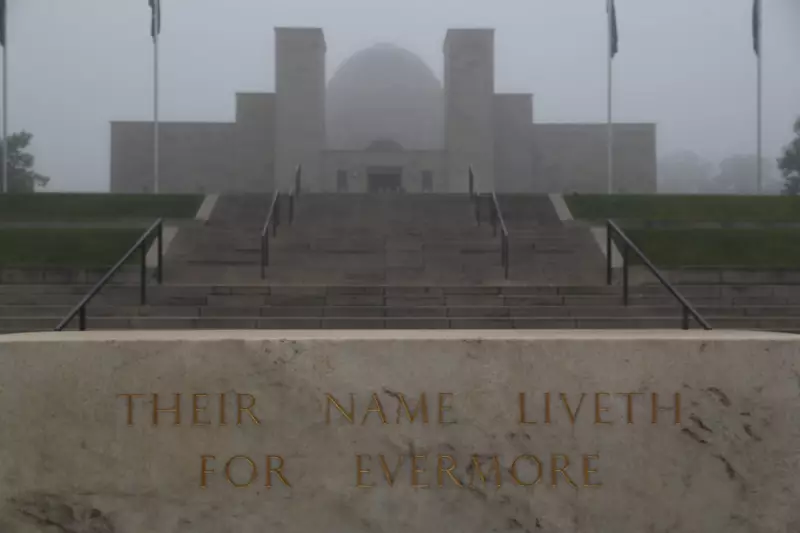
The hallowed halls of the Australian War Memorial have become the unlikely epicentre of a fierce national debate. The institution's decision to exclude a book detailing the story of Ben Roberts-Smith, a decorated soldier whose Victoria Cross is displayed within its walls, from consideration for its annual prize has drawn both staunch defence and sharp criticism.
Leading the defence is none other than Kim Beazley, the Memorial's chairman and former Australian Governor-General. Mr Beazley has robustly justified the council's move, framing it as a necessary action to protect the integrity and solemn purpose of the institution he oversees.
A Prize and Its Principles
The controversy centres on the Neville Bonner Memorial Prize for Best Biography, an award run by the Memorial. The book in question, authored by journalist and Roberts-Smith biographer Nigel Hopkins, was deemed ineligible for the shortlist. While the Memorial has remained tight-lipped on the specific reasons, the shadow of the Federal Court's finding that Roberts-Smith was complicit in the murder of four unarmed Afghans looms large over the decision.
Beazley articulated that the council's primary duty is to the Memorial's fundamental mission: to commemorate the sacrifice of Australian servicemen and women. He argued that associating its prestigious prize with a figure at the centre of such grave and proven allegations would be a profound misstep, potentially tarnishing the award's reputation and the Memorial's sanctity.
The Divisive Figure of Ben Roberts-Smith
Ben Roberts-Smith remains one of Australia's most polarising modern figures. Once hailed as a national hero and the most decorated serving soldier, his legacy is now irrevocably complicated. The civil defamation case, which he ultimately lost, exposed shocking details of war crimes, painting a picture starkly at odds with the public image of a valorous warrior.
This decision highlights the immense difficulty public institutions face when navigating the complex terrain of fallen heroes. It forces a national conversation about how a nation honours its military service while simultaneously confronting evidence of criminal wrongdoing committed in its name.
A Defence of the Decision
In his statements, Beazley was unequivocal. He stressed that the council's choice was not taken lightly but was a clear-eyed judgement made in the best interests of the Memorial. He pointed out that while Roberts-Smith's medals are part of the national collection—historical artefacts that tell a complete, if uncomfortable, story—a literary prize is different. It is an endorsement, an active celebration of a subject's life and works.
"Our responsibility is to the integrity of the award and the Memorial itself," Beazley's defence suggests, implying that bestowing such an honour, even indirectly, upon a figure linked to war crimes would be a betrayal of the very values the institution seeks to uphold.
The move has, predictably, divided opinion. Some laud it as a brave and correct stand for moral clarity, while others condemn it as an act of censorship that pre-judges a complex historical figure. As the debate rages, the Australian War Memorial finds itself navigating the treacherous waters where history, honour, and accountability violently collide.





